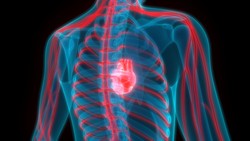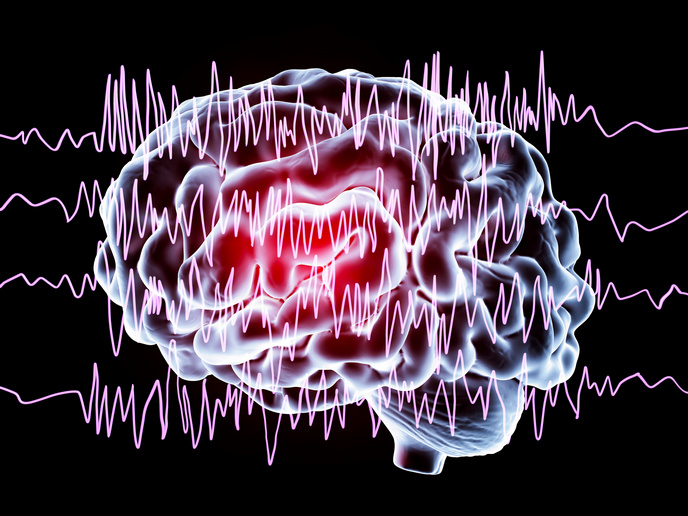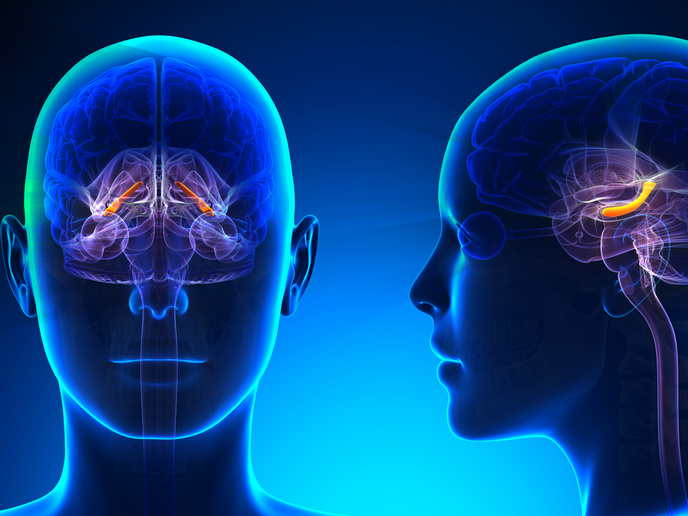When the nervous and cardiovascular systems overlap
The nervous and vascular systems are distinct and yet they have key factors in common at the molecular level. Molecules active in nervous system development are known to regulate blood vessel formation (angiogenesis). Conversely, a key angiogenic factor vascular endothelial growth factor-A (VEGF-A) and other members of the VEGF family are expressed in nerve cells in development and maintenance. VEGF is involved in critical processes such as neurogenesis, neuronal migration, axon guidance, dendritogenesis and dendrite maintenance. Despite this, little is known about its action and function. The NEUROVASCULAR LINK (Role of angiogenic factors in neurodevelopment) project geared its research to further investigate the role of such angiogenic factors in neurodevelopment. The research team used a combination of state of the art mouse genetics, organotypic cultures, cell biology, biochemistry and molecular biology approaches. They looked at the signalling pathways and cellular mechanism that angiogenic molecules exert in nerve cells as well as communication between the two systems during development. Focusing on the hippocampus, the seat of consolidation of information for long- and short-term memory, NEUROVASCULAR LINK characterised the role of VEGF in hippocampus neurons during development. Interestingly, the hippocampus is one of the first regions in the brain to indicate damage in Alzheimer’s disease NEUROVASCULAR LINK has also identified a new role for other angiogenic factors – angiopoetins – in developing neurons of the spinal cord, hippocampus and cerebellum. The angiopoetin family play a role in angiogenesis in the embryo as well as in postnatal vascular development. Project research results are particularly important for neurodevelopmental and neurodegenerative diseases as well as nerve injury and damage. A molecular picture of the systems at play could help to further understand these disorders and lead to the development of new therapeutic strategies.







